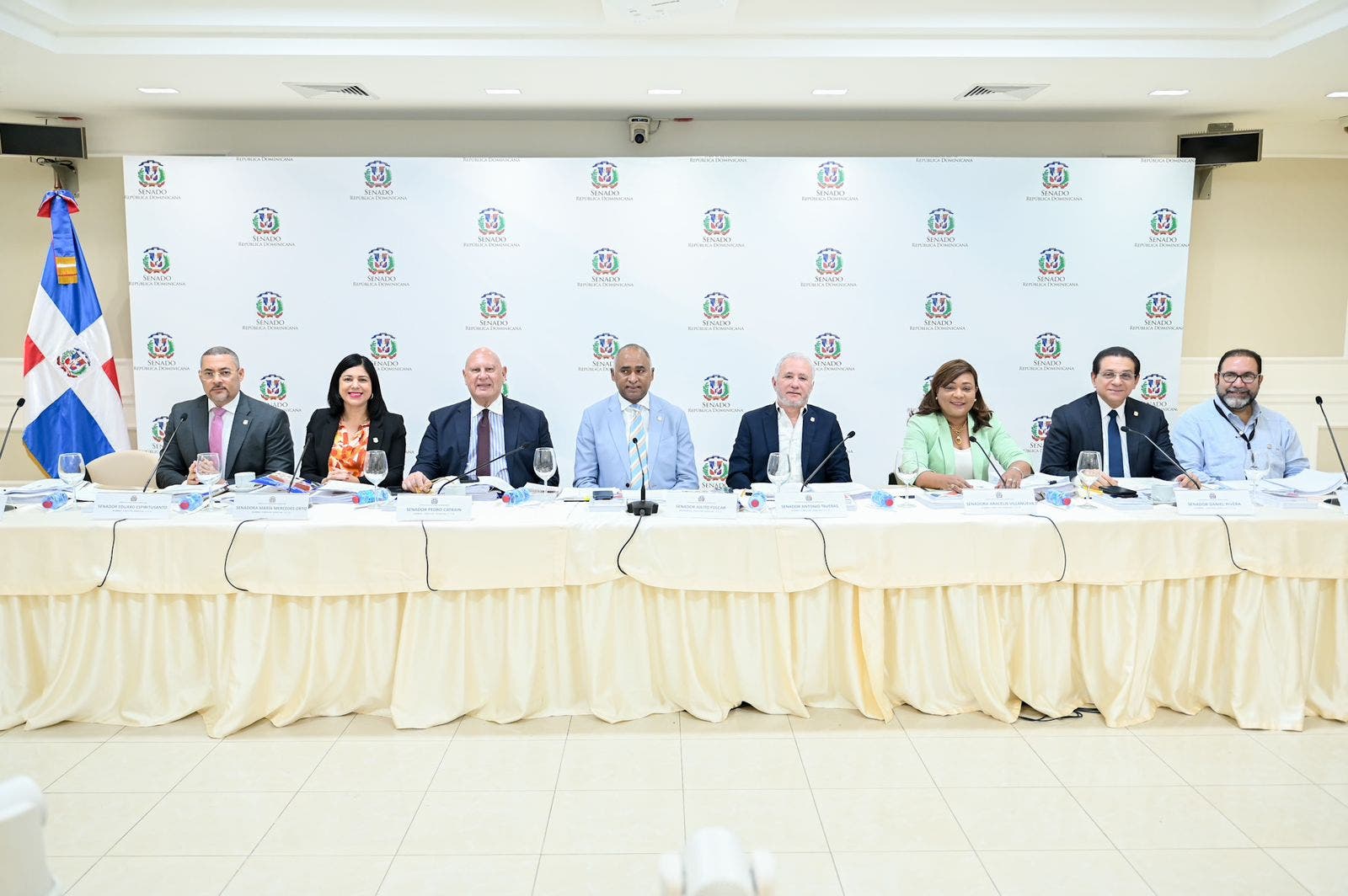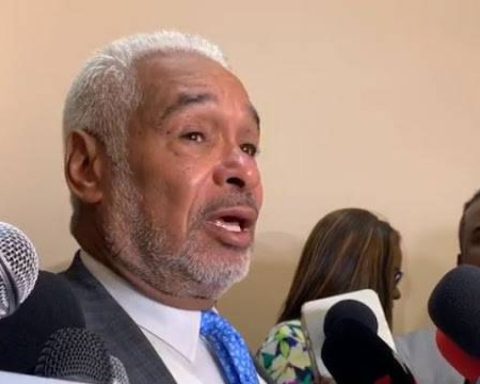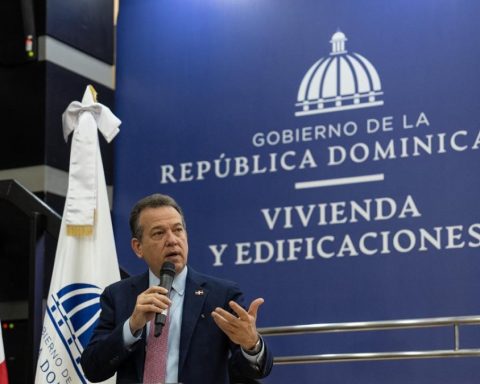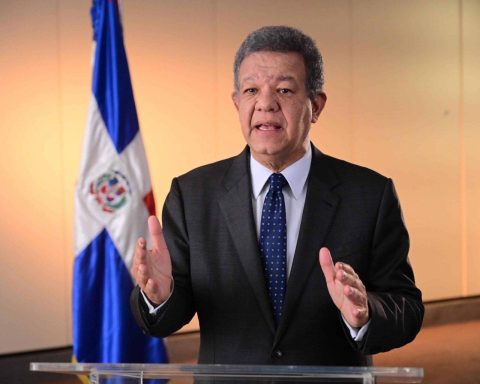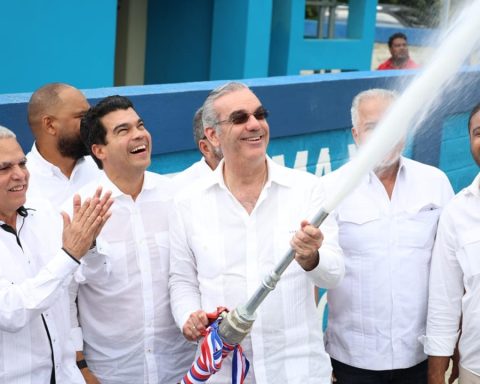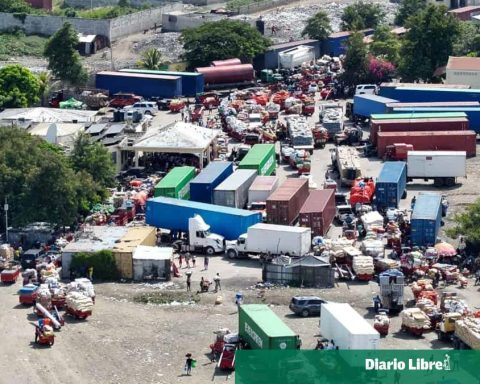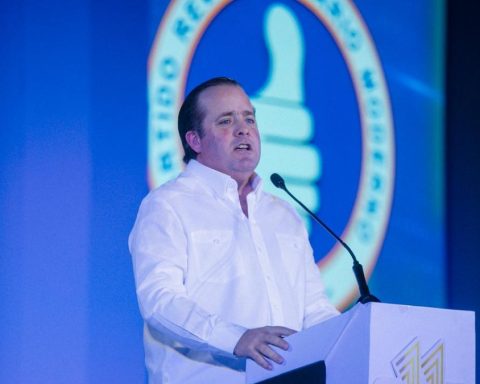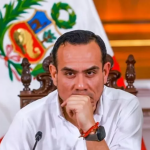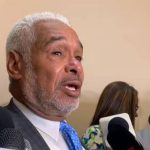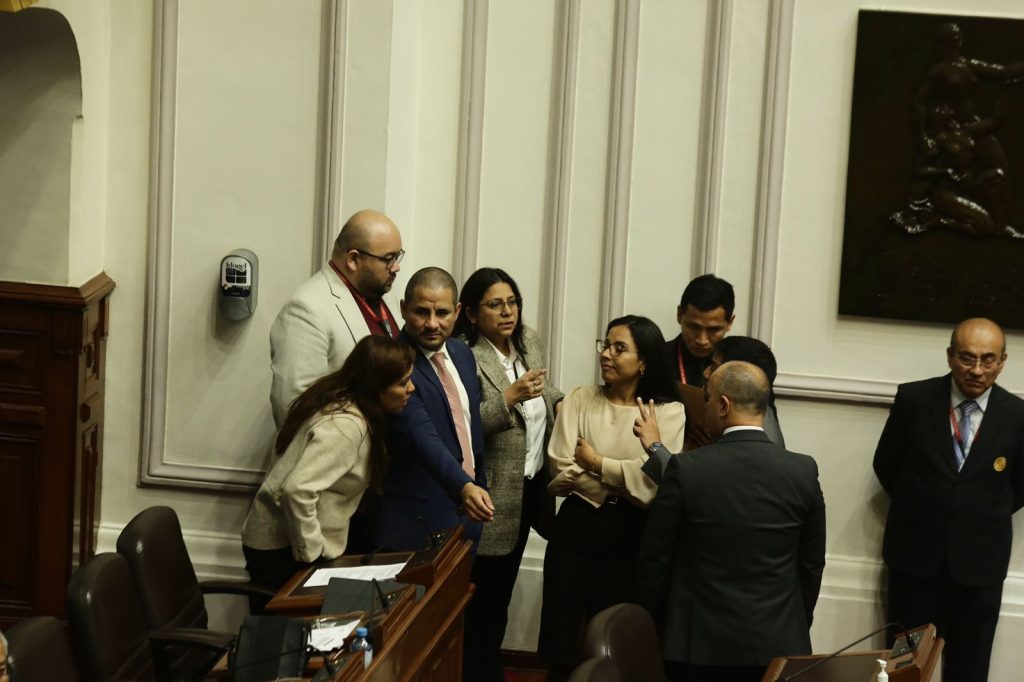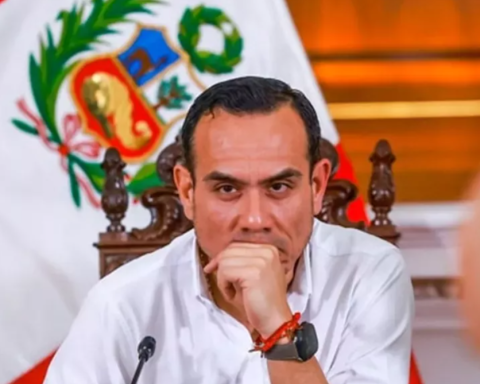The Special Commission of the Senate, responsible for evaluating the proposals to select the regular and alternate members of the Central Electoral Board (JCE) for the period 2024-2028, interviewed 30 of the 103 candidates who applied.
During Tuesday’s session, the candidates had five minutes to present their careers and detail the plans they would implement if they were selected as members of the electoral body. Subsequently, they faced questions from the evaluation committee for ten minutes.
The questions addressed key topics, such as the current weaknesses of the JCE and proposals for improvement, the prevention of electoral crimes, the unification of elections, the D’Hondt methodthe drag system at the municipal level, and gender equality, among other fundamental aspects.
Among the candidates evaluated in the first round, the current alternate members of the JCE stood out, Dolores Vanahí Bello Dotel and Freddy Ángel Castro Díazas well as the titular member Samir Rafael Chami Isawho presented their proposals and answered the questions of the evaluation committee.
Citizens were also interviewed Arlette Miguelina Almánzar Burgos, Daniel Candelario, Luiston Fantona Castillo Bautistaamong others.
Stake
In the case of Vanahí Bello Dotel, current deputy president of the JCE and candidate to lead the organization, highlighted the challenges of the electoral system and underlined the importance of applying reforms to strengthen democratic legitimacy.
In his speech, he pointed out that the future members of the JCE They must be completely impartial and unrelated to any political party. He also emphasized that the electoral body must remain free of political influences that compromise its objectivity and transparency.
“No political party person can be a member of the plenary session,” said Bello Dotel
Likewise, it addressed the preferential vote, regulated by Law 157-13, and its interaction with the D’Hondt method in the distribution of seats.
“With the D’Hondt method, the candidate with the most votes is not necessarily favored, but rather it is the party that grants those seats as an organization,” he explained.
For its part, Baptist Castle He expressed his disagreement with this method, arguing that it is not compatible and that it penalizes the opportunities of many. “This method gives power to women, but not gender equality”held.
Along the same lines, he expressed his desire to be a member of the Board to “contribute to the system.” In addition, he shared his position on the new electoral identity document.
“You give me an ID with all the security in the world, but I have nowhere to use it, nor the mechanisms to do so. We must focus on the development not only of the identity document, but on development as such,” declared Castillo Bautista.

Meantime, Daniel Candelario He stressed the need to educate the population about the importance of voting in electoral processes, considering that this is essential to reduce abstention and strengthen the solidity of the democratic system.
“It does not have to do with one person or several people, but with strengthening the JCE at the level of structure, of institution; The JCE has gained credibility, but at the institutional level, it needs to be strengthened a little more. With regard to voting, it should try to reduce a little more the level of abstention and the indifference that is manifested, especially among a sector of the public, the young public, which is not so related to the political-electoral issue in our country, since You have to pay a lot of attention to that part,” Candelario said to the team of senators that evaluates the candidates.
It should be noted that the interview process for all applicants is expected to end next Friday.

Continue reading:
